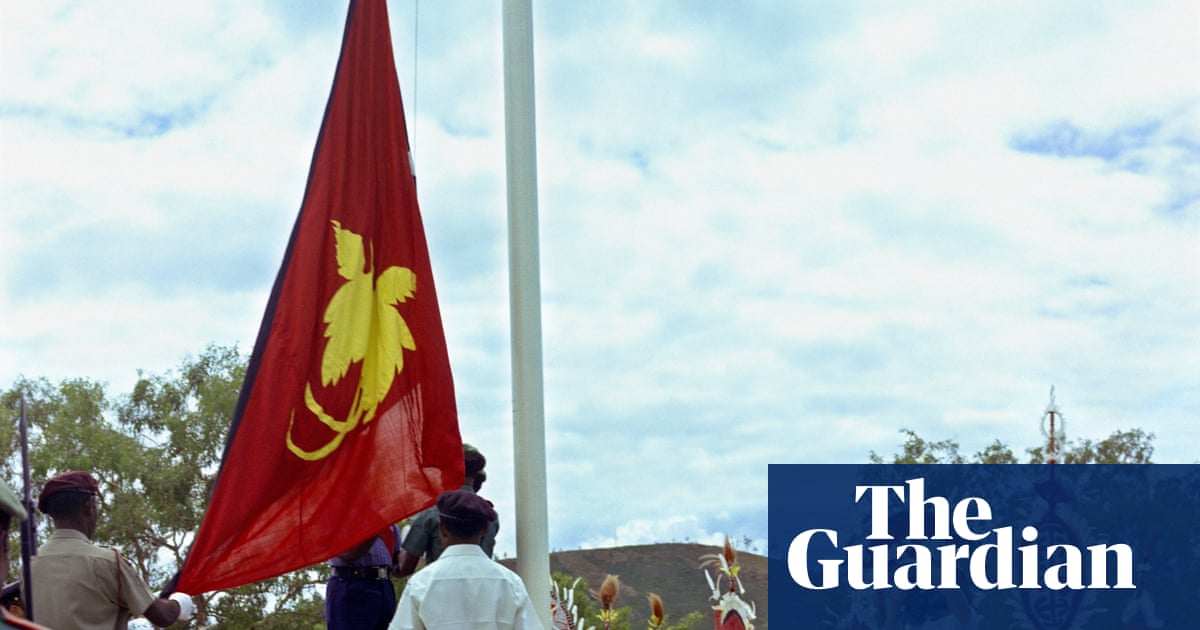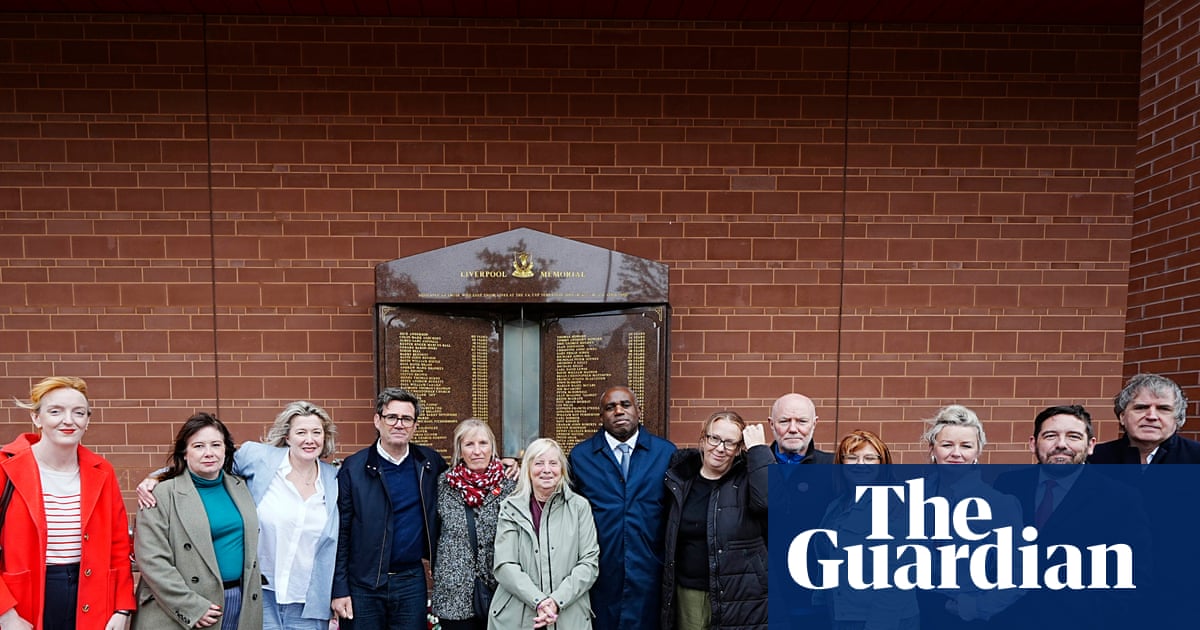The Song of Arachnid
Webs are small and spacious as simplicity,
See-through as a summer’s day, old-fashioned as
A slip of butter-muslin, girlhood’s own, or
A cotton hanky.
We are poor predators, love to catch the light
As it falls from the air, invaluable as
What is not yet born, an acrobatic dot
And carry one. It’s
Our Arachnid, ancestor, mother of all
Of us, mother of gorm and of gormlessness
Among women. Humble herself in origin,
Hard she works through us.
Nothing can cut the umbilical cord that
Calls us back to her, her bellyful of thread
Paid out and yet perpetual, her silken
Sac where we began.
She is alone, outwith the worn orb web of
The world. She’s woven into the wherewithal
Of her own imagination, her mantle
Of maternity.
She is alone and she is loved among, as
No-one else in all her anonymity.
One foot on the mountain, one foot on the web’s
Her way, as she says.
The legend of the weaving contest between the goddess Minerva (Pallas Athene) and the humbly born Arachne, is told by Ovid in Metamorphoses. The goddess is infuriated by Arachne’s ingratitude for her talent, and horrified by the scenes of un-godly behaviour her magnificent weaving depicts. After Minerva has ripped up Arachne’s work and beaten her with her shuttle, Arachne slips a noose around her neck. Minerva spares her life, but Arachne doesn’t avoid punishment: “Her whole body became tiny. Her slender fingers stuck to her sides as legs, the rest is belly, from which she still spins a thread, and, as a spider, still spins her ancient web.”
In this week’s poem, from Gillian Allnutt’s new collection, Lode, Arachne becomes Arachnid, mother-spider and deified leader of her tribe. The ode that crowns Arachnid’s annual festival offers the tribe’s gratitude “to her and to their own being in her”, Allnutt’s endnote tells us. Ovid’s Arachne was rude and scornful about old age when Minerva appeared to her disguised as a grey-haired woman with a stick. Allnutt’s poem doesn’t only transform Arachne; it hands power to the singer-speaker, an elder of the tribe. Celebrating Arachnid’s power, she affirms her own.
Allnutt, who describes herself as a cultural Christian rather than a Christian poet, brings traces of Christian theology into her feminist and matriarchal narrative. Arachne’s redemption is through humility, signalled in a delicately homely first stanza: “Webs are small and spacious as simplicity / See-through as a summer’s day, old-fashioned as / A slip of butter-muslin, girlhood’s own.” “Webs” (importantly plural) represent simplicity, openness, respect for tradition. Once defiant in the self-assertion of young genius, Arachne/Arachnid is restored by her spider-smallness to her true imaginative resources.
Imperfection is admitted. Spiders are “poor predators [who] love to catch the light / As it falls from the air”: like all life-forms, they’re devourers. Perhaps they’re especially like artists and writers in seeing their prey not as meat but as moving light. The winged creatures such arachnids trap become their means of self-creation, the wonders of addition: “What is not yet born, an acrobatic dot / And carry one.”
Arachnid is always reborn, always mother. Her celebrant utters a gasp of thrilled discovery in the enjambment of verses two and three: “It’s // Our Arachnid.” Certain phrases in verse three evoke the rhythmic murmur of the prayer, Hail, Mary. But Allnutt’s goddess is wonderfully, humorously, earthed. She’s no “Mother of God”. As “ancestor, mother of all / Of us” Arachnid is also “mother of gorm and gormlessness / Among women.”
“Gorm” may be a northern dialect word for “understanding”. Understanding, of a deep, grainy, common-sense kind, is what registers in the poem. Its opposite, the more familiar “gormlessness”, is the less ideal aspect of “simplicity”. Its use echoes the poem’s refusal of unthinking praise – the kind of praise Minerva expected from Arachne. The children of the spider-goddess are imperfect, too. But they are still the offspring of a divine mother, the “worn orb web” of earth, yet “woven into the wherewithal / Of her own imagination, her mantle / Of maternity.”
Allnutt refreshes her diction with inventive interweavings: little grammatical “reversals” such as “Hard she works through us” and words with an antique patina: “silken”, “mantle”, “outwith”, “wherewithal”. Her alliterative music is a mnemonic web that reminds us that the tribal song lives by its orality. There are often whispers of end-rhyme. The tiny versatile spider of the word “as” recurs in verses one, two and six, signalling resemblance, duration and motion – the thread that is “paid out and yet perpetual”.
In the last stanza, antithesis arrives at a more intriguing synthesis. The spider-goddess is “alone and [she is ] loved among, as / No-one else in all her anonymity.” The quality of being “among” others and “anonymous” – but unique – becomes a specific tribute in the line, “One foot on the mountain, one foot on the web’s / Her way”. The reference is to Lilian Mohin’s 1979 anthology of British feminist poetry, One Foot on the Mountain. A poetry anthology is an apt symbol of collectivism and individuality. And this particular anthology importantly “mothered” the art and politics of its female contributors.
Lilian Mohin is remembered here by Cherry Potts, who in turn went on to found the Arachne Press. Celebrating these poetic Mothers and their work, The Song of Arachnid presents the ecology of a feminised, maternally attentive cosmos in which weaving and mountaineering can both be “her way” and its generous, ecofeminist vision is enhanced by the celebration of real-life poetic mothers.
The Song of Arachnid was written for the Hardwick Park Festival of Minerva.

.png) 2 months ago
24
2 months ago
24

















































